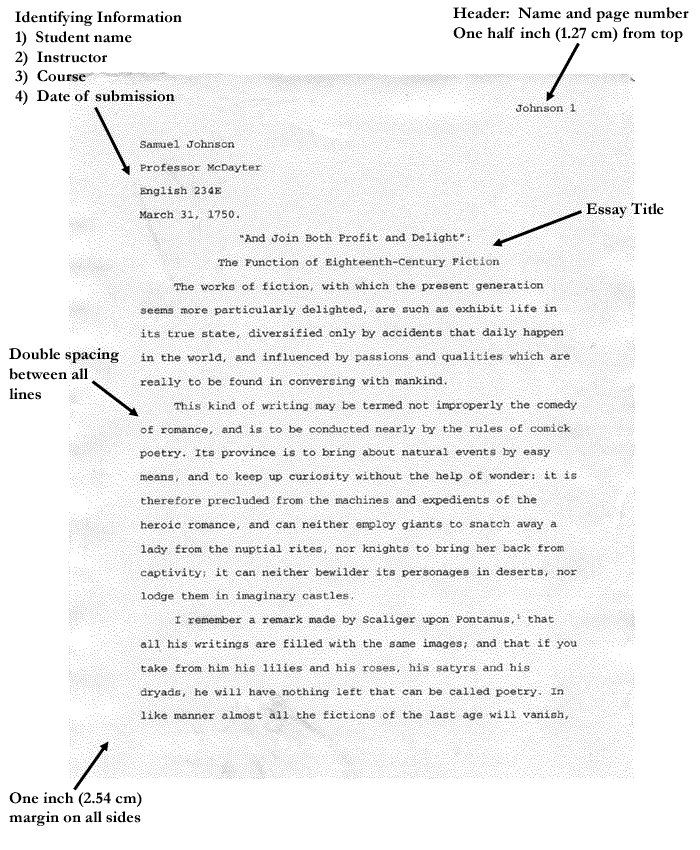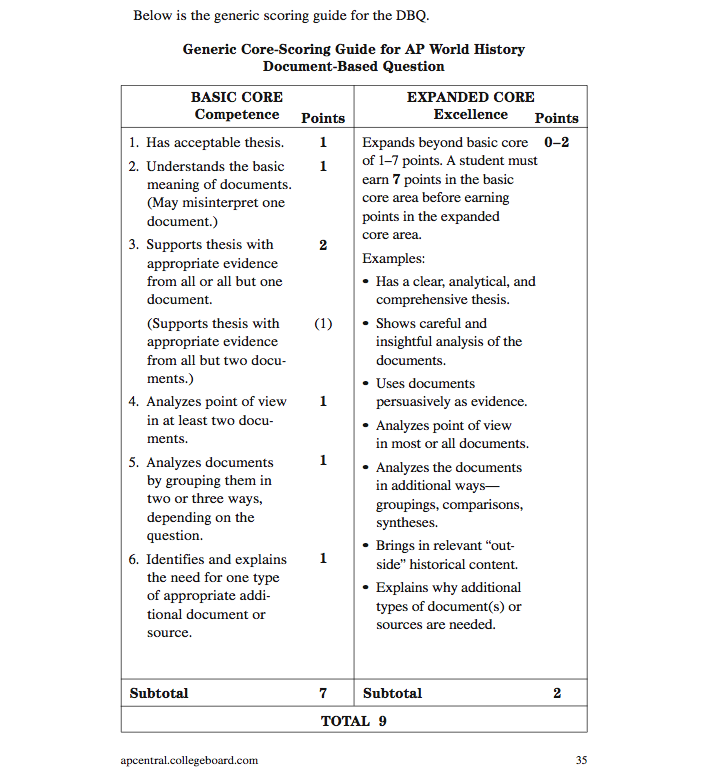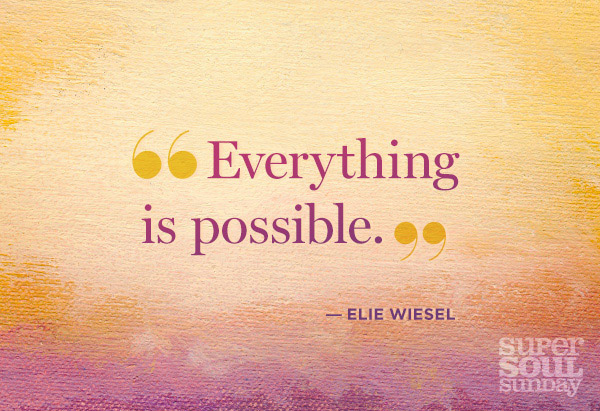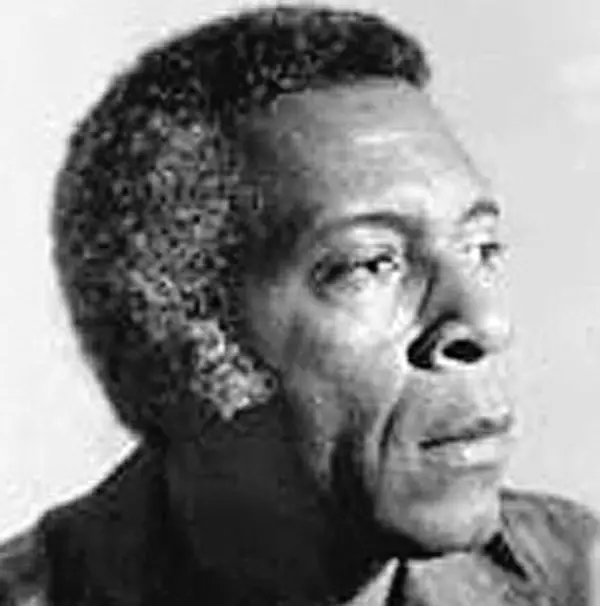Is there anything evil about buddhism? - Quora.
Guide to Jodo Shinshu Teachings and Practices 3 Jodo Shinshu Teachings beautiful forest called Deer Park in a section of India now known as Sarnath. Here he found the five mendicants (wandering monks) who had practiced asceticism with him. He decided to deliver his first sermon there, calling it the First Turning of the Wheel of Dharma. Having heard the teachings, the five.
What does Buddhism say about the origin of evil? Most Buddhists believe that the negative actions and beliefs of human beings such as greed, anger and ignorance give rise to evil.

By Shin Yatomi, based in part on Yasashii Kyogaku (Easy Buddhist Study) published by Seikyo Press in 1994. The evil of destruction is like a shadow cast by the good of creation. Nature gives and takes life. Even on the cellular level of the human body, the evil of decay and death exists side by side with the good of growth and health.

Shinran’s Non-discriminating Universal Faith by Alfred Bloom, Professor Emeritus, University of Hawaii “In reflecting on the ocean of Great Shinjin, I realize that there is no discrimination between the noble and humble, or black robed monks and white clothed laity, no differentiation between between man and woman, old and young.

Selfless Gratitude The Buddhist practice of cultivating gratitude leads to the direct experience of the interconnectedness of all of life. Students leaving a meditation retreat will sometimes ask me to recommend a mindfulness practice they can incorporate into their daily routine that will keep them in touch with the experiences they've had during the retreat.

The remaining sections of the essay show how to apply the basic principles of Buddhism to the other major areas of a Buddhist householder's life. The essay ends with a section briefly describing what is expected of an ideal lay Buddhist in daily life. The guiding maxim of the entire essay is: A little well done is better than a lot poorly done.

Josho has written several wonderful books which he offers free of charge on his Amida Ji. And we still have our Yahoo group, though it is now just a simple message board, and of course there is our Facebook page, True Shin Buddhism founded by Paul which I maintain on nearly a daily basis with new members joining every few days.

Buddhism, religion and philosophy that developed from the doctrines of the Buddha, a teacher who lived in northern India between the mid-6th and mid-4th centuries BCE. Buddhism has played a central role in the spiritual, cultural, and social life of Asia, and, beginning in the 20th century, it spread to the West.

He is the author of the Dharma Breeze: Essays on Shin Buddhism. He is currently director of the Maida Center of Buddhism located in Berkeley, California. The center is designed for studying and sharing Shin Buddhism in the USA. It holds regular study classes and seminars.

Shin Buddhism is also called Jodo Shinshu, which means 'true teaching of Pure Land Buddhism'. It is one of the largest schools of Buddhism, and was founded by Shinran (1173-1263). Note: Please be mindful of what books you add and make sure they are of the topic of this list.

The goal of Zen practice is satori, Japanese for enlightenment. Every person has the capacity to attain this state, meaning that each of us is, potentially, a Buddha. Nagatomo calls this state the “perfection of personhood.” While enlightenment is, generally speaking, the goal of all branches of Buddhism, Zen differs in its focus on the practice.

In Hinduism, every human being has an obligation to practice virtue and uphold the Divine Law. They have to cultivate purity (sattva), and discernment (buddhi) and follow the injunctions and guidelines prescribed in the scriptures. Some important moral duties are the study and recitation of scriptures, prayers, worship, rituals, sacrifices.

The Buddhist practice taught by Nichiren, centered on chanting Nam-myoho-renge-kyo, is, in one sense, the practice of affirming faith in our inherent Buddhahood. This faith makes it possible for us to turn difficult experiences into opportunities to deepen our self-understanding, to strengthen and develop our courage and compassion, to grow in vitality and wisdom and ultimately to realize a.



